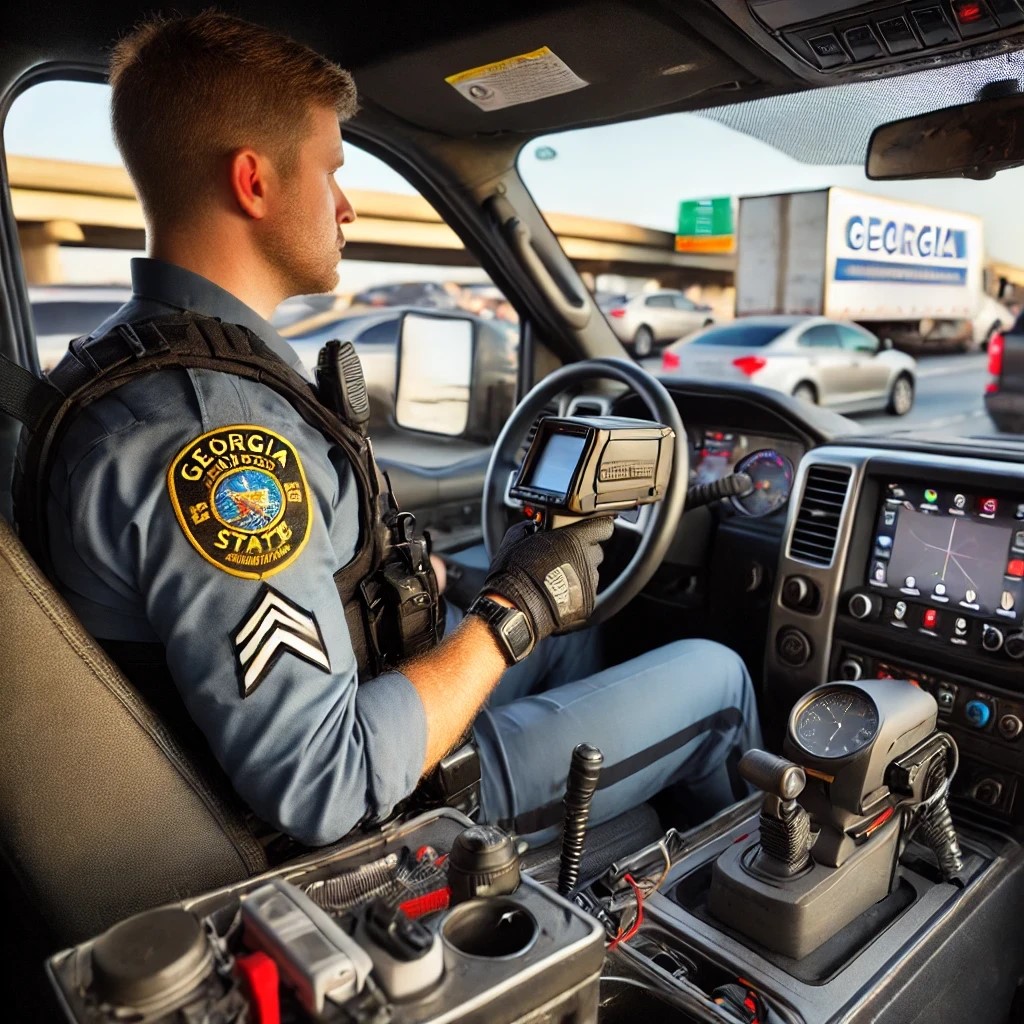
The Owner-Operator Independent Drivers Association (OOIDA) recently made headlines by filing a lawsuit against the Environmental Protection Agency (EPA). This legal battle is rooted in the EPA’s new zero-carbon regulation, aimed at drastically reducing emissions from the trucking industry. But what does this mean for truck drivers? Let’s break it down.
Understanding the EPA’s Zero-Carbon Regulation
The EPA’s zero-carbon regulation is part of a broader initiative to combat climate change. It mandates that truck manufacturers produce a significant percentage of zero-emission vehicles (ZEVs) by a set deadline. This move is expected to reduce greenhouse gas emissions, but it also places substantial demands on the trucking industry.
Why OOIDA is Suing
OOIDA, representing the interests of small-business truckers and professional drivers, argues that the regulation is overly ambitious and could have detrimental effects on independent truckers. Here are the key points of their lawsuit:
Economic Impact: OOIDA contends that the cost of new zero-emission trucks is prohibitively high for owner-operators and small trucking businesses. Transitioning to these vehicles could impose financial burdens that many cannot bear.
Technological Concerns: The association also raises concerns about the current state of zero-emission technology. They argue that the infrastructure for charging or refueling ZEVs is not yet widespread enough to support a rapid transition, potentially leading to operational challenges and downtime.
Implementation Timeline: OOIDA believes the timeline for implementing these regulations is too short. They suggest that a more gradual approach would allow for technological advancements and infrastructure development to keep pace with the regulatory demands.
Potential Impact on Truck Drivers
If the EPA’s regulation proceeds as planned, truck drivers might face several changes and challenges:
Increased Costs: The high cost of zero-emission trucks could lead to higher operating expenses. This might force some independent drivers out of business or push them to raise their rates to cover the additional costs.
Operational Changes: Drivers may need to adjust their routes and schedules to accommodate the availability of charging or refueling stations for ZEVs. This could impact delivery times and operational efficiency.
Maintenance and Training: Zero-emission vehicles often require different maintenance procedures and knowledge. Drivers and mechanics will need training to handle these new systems effectively.
The Road Ahead
The outcome of OOIDA’s lawsuit against the EPA will likely shape the future of the trucking industry. While the goal of reducing emissions is crucial for environmental sustainability, it’s equally important to consider the practical implications for truck drivers.
As this legal battle unfolds, truck drivers should stay informed about potential changes and prepare for the transition to new technologies. OOIDA’s advocacy highlights the need for balanced regulations that protect both the environment and the livelihoods of those who keep America moving.
Conclusion
The trucking industry is at a crossroads, facing the dual challenge of embracing environmental responsibility while ensuring the economic viability of its drivers. OOIDA’s lawsuit against the EPA underscores the complexities involved in this transition. By staying informed and adaptable, truck drivers can navigate these changes and continue to thrive in a rapidly evolving industry.












